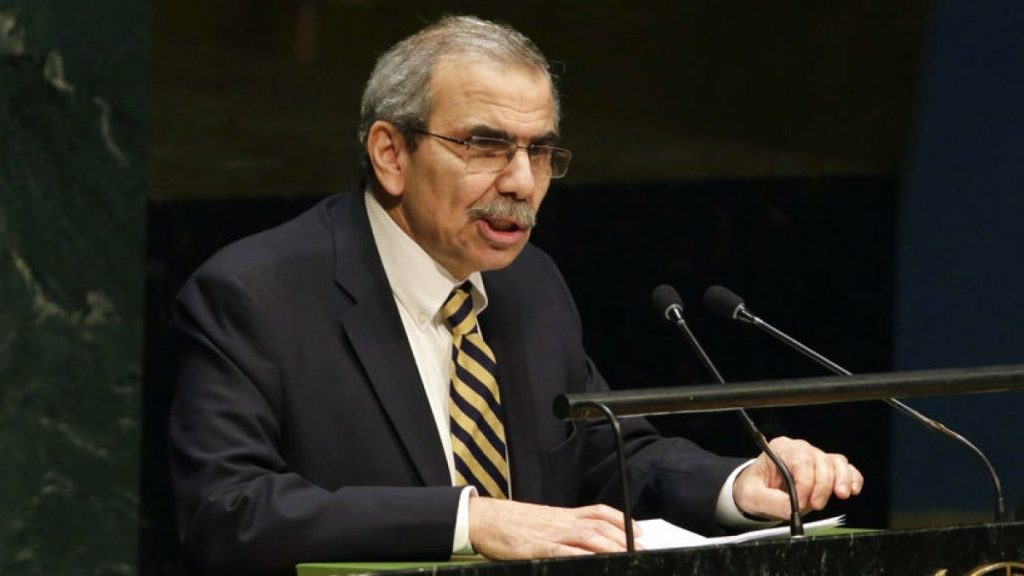Lebanon, grappling with a devastating economic crisis and the aftermath of a protracted conflict with Israel, has embarked on a new chapter with the appointment of Nawaf Salam as Prime Minister. President Joseph Aoun, himself recently elected, nominated Salam, a respected diplomat and President of the International Court of Justice (ICJ), to lead the formation of a new government. This move signifies a potential turning point for the nation, offering a glimmer of hope for recovery and stability after years of political stagnation and economic hardship. Salam’s nomination, backed by a significant majority of legislators and garnering support from Western nations and Saudi Arabia, represents a departure from the entrenched political class often blamed for the country’s woes.
Salam’s appointment was met with widespread celebration in Beirut, reflecting public optimism for a fresh start. The devastating 14-month conflict with Israel, which resulted in thousands of casualties and widespread destruction, exacerbated Lebanon’s existing economic crisis. The war displaced a significant portion of the population and inflicted billions of euros worth of damage on infrastructure, further crippling the nation’s already precarious financial situation. Salam’s selection is viewed as a potential catalyst for unlocking much-needed international aid and investment, crucial for rebuilding the country and addressing the acute economic crisis.
However, Salam’s nomination was not without its detractors. Hezbollah, a powerful political and military force in Lebanon, abstained from the vote, expressing reservations about Salam’s perceived alignment with Western interests. While Hezbollah played a crucial role in Aoun’s presidential election, their subsequent abstention from supporting Salam’s nomination highlights the complex political landscape and the challenges that lie ahead for the new government. Hezbollah’s stance underscores the delicate balance of power within Lebanon and the need for the new Prime Minister to navigate these intricate political dynamics to achieve national unity and stability.
Salam’s immediate priorities will include addressing the urgent need for reconstruction and rehabilitation following the war with Israel. Rebuilding damaged infrastructure, providing support for displaced populations, and fostering a sense of national unity will be crucial steps towards recovery. Furthermore, tackling the deep-rooted economic crisis, which has crippled the nation for years, will be paramount. This will require implementing structural reforms, addressing corruption, and restoring confidence in the Lebanese economy to attract foreign investment and stimulate growth.
Beyond the immediate challenges of post-conflict reconstruction and economic recovery, Salam will also need to navigate the complex political landscape and build consensus within a fractured political system. Balancing the interests of various factions, including Hezbollah, will be essential for fostering stability and ensuring the success of his government’s agenda. The delicate task of navigating these internal political complexities will be crucial for creating an environment conducive to long-term stability and sustainable development.
Nawaf Salam brings a wealth of experience and a distinguished background to the role of Prime Minister. His academic credentials, including doctorates from prestigious French universities and a law degree from Harvard, coupled with his extensive diplomatic experience as Lebanon’s Ambassador to the United Nations and as President of the ICJ, equip him with the intellectual and diplomatic acumen to address the myriad challenges facing the nation. His family’s history of political leadership, including his uncle and cousin who served as Prime Ministers, further adds to his credibility and understanding of Lebanese politics. Salam’s appointment represents a significant departure from the traditional political class, offering a renewed sense of hope for a more transparent and effective government, capable of guiding Lebanon towards recovery and stability.














